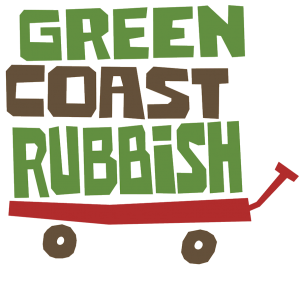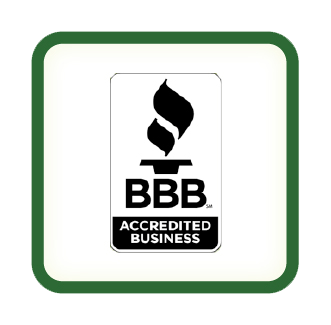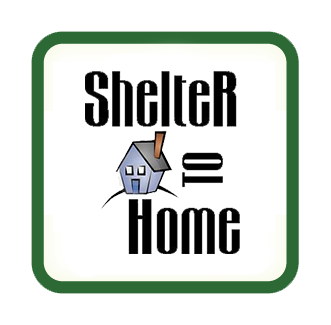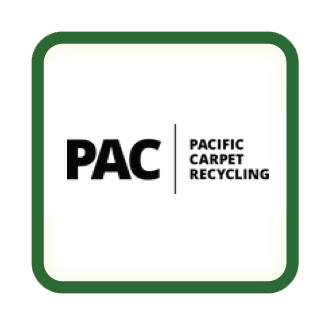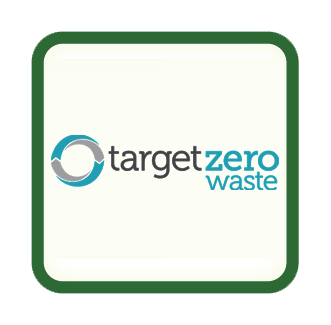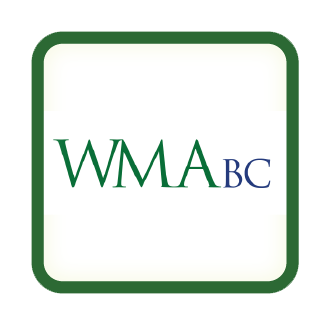Diversion Statistics*
Green Coast Rubbish is ecstatic to announce that we were able to achieve a diversion rate of 78% in 2020! In total, we hauled 915.19 tonnes of material for the year and diverted 711.94 tonnes of material away from the landfill to alternative recycling and recovery waste stream sources. That’s material that didn’t end up in our landfill through our green junk removal services!
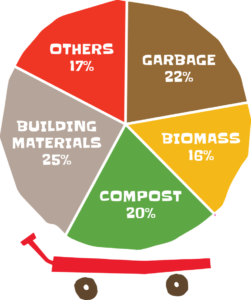
Every year since 2010 we have achieved a diversion rate of at least 75%. In total we diverted 4,919.75 tonnes of waste material away from our landfills during the past decade alone – that’s over 10.8 million pounds of waste diverted from landfills!
Here’s how the waste diversion statistics break down for 2020 in tonnes (t):
- 25% or 225.10 t of building materials: metal (ferrous & non-ferrous), drywall, concrete, tile, brick, dirt, asphalt & roofing shingles, etc.
- 20% or 186.24 t of green waste & compost: branches, leaves, grass, organic debris, etc.
- 17% or 160.24 t of other materials: furniture, mattresses, carpet, couches, appliances, electronics (TV’s, computers, stereos, cellphones & smartphones), batteries (car, marine & household), paint, Styrofoam, gasoline, pesticides, oil, aerosol cans, tires, plastic, cardboard, paper, newsprint, glass, organic wastewater, fluorescent tubes, etc.
- 16% or 140.36 t of biomass: wood, plywood, wood by-products, etc.
Instead of just dumping everything in a landfill, we look for inventive ways to divert furniture, clothing, household goods and other materials to deserving community organizations that benefit our community.
In 2020, we donated approximately 19.87 tonnes of various items and materials to non-profit organizations, including Habitat for Humanity, The Salvation Army, The Canadian Diabetes Association and Helping Families in Need Society.
Our Carbon Footprint
We are committed to sustainable junk removal practices that reduce our Green House Gas (GHG) Footprint. We participate in Climate Smart – a carbon tracking and reduction program for businesses.
Using 2010 as our baseline, we were able to measure our carbon emissions in metric tonnes, as well as plan our emission reductions for the coming year.
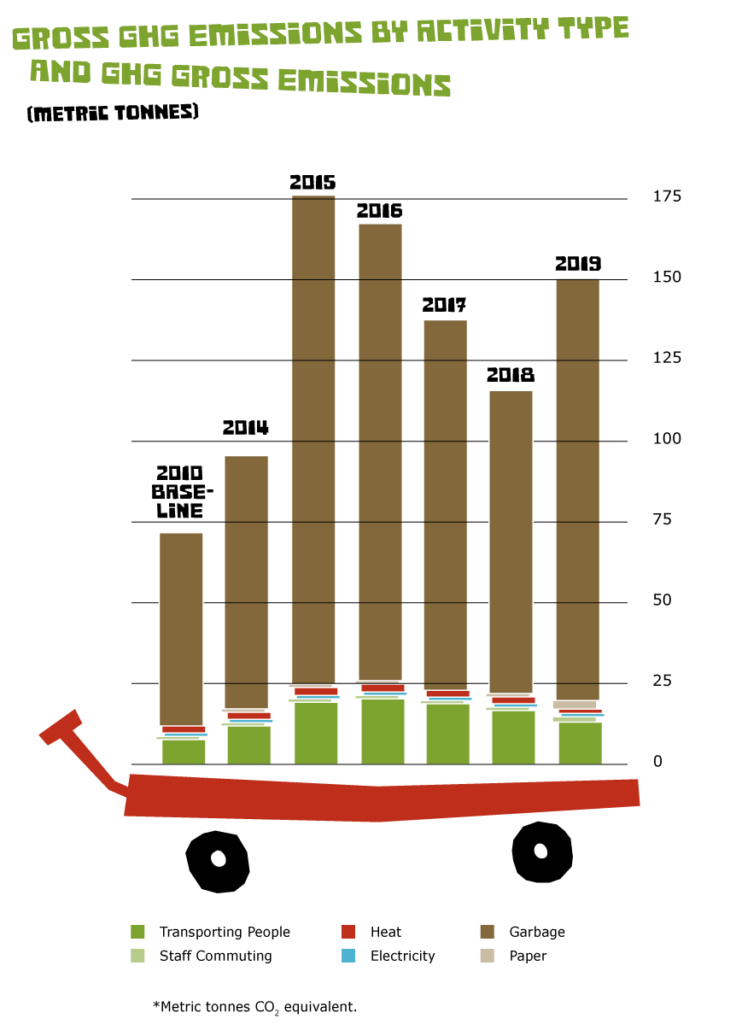
2019 was our 9th annual greenhouse gas (GHG) emissions inventory. By reducing our use of electricity, heating, transportation, and paper we achieved a 67% reduction in emissions per $1K revenue.
Green Coast Rubbish is Climate Smart certified for 2019
Going Green – Emissions Reduction Initiatives
- Transit passes offered to employees
- Electronic invoicing, direct deposit paycheques, use of tablets and other paperless digital technologies
- Powering down ‘phantom load’ devices at night to reduce electricity usage
- Optimizing route efficiency for our junk removal fleet to reduce fuel consumption and carbon emissions
- Reducing reliance on gasoline and increasing use of biodiesel for vehicle fleet
- Convert 100% of vehicle fleet to biodiesel fuel
- Continue to reduce the amount of waste sent to landfill with ongoing innovation in waste diversion and recycling practices
*The figures and statistics presented within this page are self-reported data.
